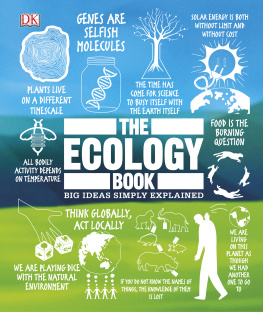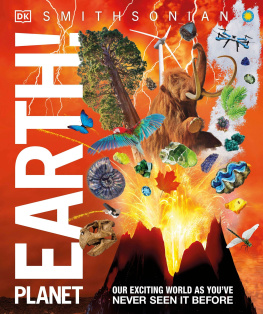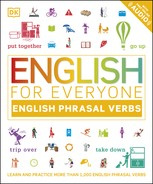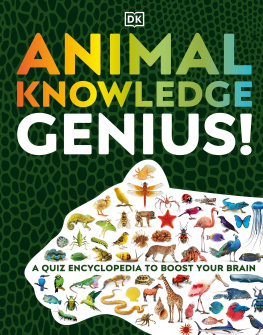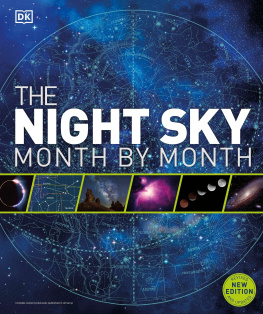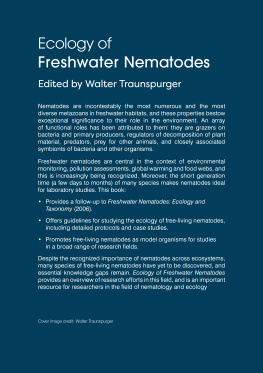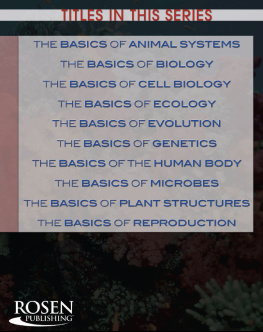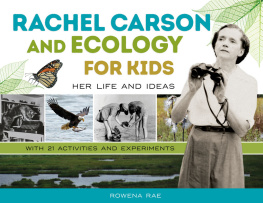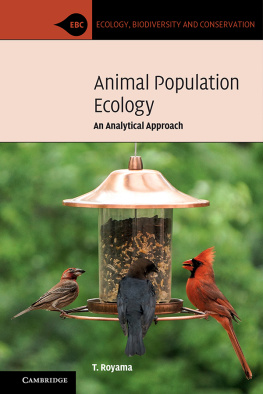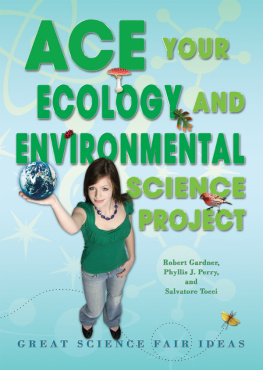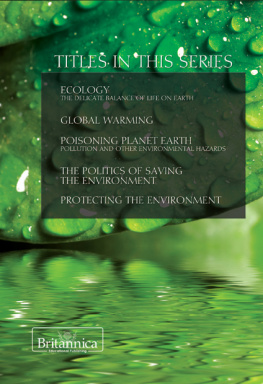FOREWORD
As a small child, I was fascinated by naturebirds, butterflies, plants, reptiles, fossils, rivers, weather, and much else. My youthful passions set me on the path to being a life-long naturalist, and to working as an environmentalist, studying the natural world and promoting action for its conservation. I have worked as a field ornithologist, writer, campaigner, policy advocate, and environmental advisor. All of these diverse interests and activities have, however, been linked by a single theme: ecology.
Ecology is a vast subject, embracing the many disciplines needed to understand the relationships that exist between different living things, and the physical worlds of air, water, and rock within which they are embedded. From the study of soil microorganisms to the role of pollinators, and from research into the water cycle to investigating Earths climate system, ecology involves many specialist areas. It also unites many strands of science, including zoology, botany, mathematics, chemistry, and physics, as well as some aspects of social scienceespecially economicswhile at the same time raising profound philosophical and ethical questions.
Because of the fundamental ways in which the human world depends on healthy natural systems, some of the most important political issues of our age are ecological ones. They include climate change, the effects of ecosystem damage, the disappearance of wildlife, and the depletion of resources, including fish stocks, freshwater, and soils. All these ecological changes have implications for people and are increasingly pressing.
Considering the huge importance of ecology for our modern world, and the many threads of thought and ideas that must be woven to gain an understanding of the subject, I am delighted that Dorling Kindersley decided to produce The Ecology Book, setting out the key concepts that have helped shape our understanding of how Earths incredible natural systems function. In the pages that follow readers will also discover something about the history of ecological concepts, the leading thinkers, and the different perspectives from which they approached the questions they sought to answer.
One thing that sets this book apart is the manner in which the rich, memorable, and attractive content is presented. A huge body of information and insight is effectively conveyed by clear layout, graphics, illustrations, and quotes, enabling readers to quickly achieve an understanding of many important ecological ideas and the people behind them: James Lovelocks Gaia Hypothesis, Norman Myerss warnings about impending mass extinction, and Rachel Carsons work to expose the effects of toxic pesticides among them.
The diverse body of information found in the pages that follow could not be more important. For while the headlines and popular debate suggest it is politics, technology, and economics that are the vital forces shaping our common future, it is in the end ecology that is the most important context determining societies prospects, and indeed the future of civilization itself.
I hope you find The Ecology Book to be an enlightening overview of what is not only the most important subject, but also the most interesting.
Tony Juniper CBE
Environmentalist
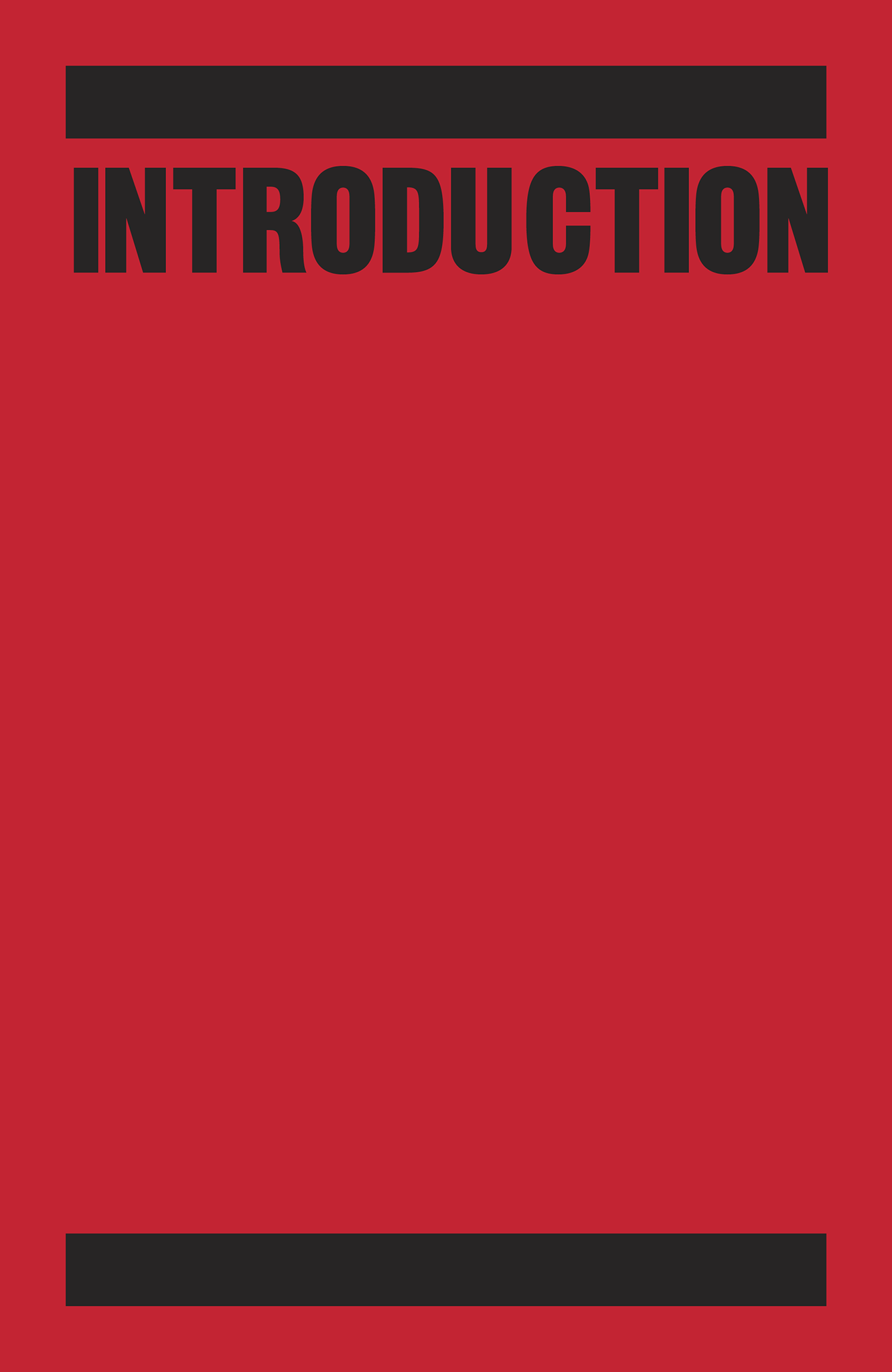
INTRODUCTION
For the earliest humans, a rudimentary knowledge of ecologyhow organisms relate to one anotherwas a matter of life and death. Without having a basic understanding of why animals grazed in a certain place and fruit-bearing plants grew in another, our ancestors would not have survived and evolved.
How living animals and plants interact with each other, and with the nonliving environment interested the ancient Greeks. In the 4th century BCE , Aristotle and his student Theophrastus developed theories of animal metabolism and heat regulation, dissected birds eggs to discover how they grew, and described an 11-level ladder of life, the first attempt at classifying organisms. Aristotle also explained how some animals consume othersthe first description of a food chain.
In the Middle Ages (4761500), the Catholic Church discouraged new scientific thought, and human understanding of ecology advanced very slowly. By the 16th century, however, maritime exploration, coupled with great technological advances, such as the invention of the microscope, led to the discovery of amazing life forms and a thirst for knowledge about them. Swedish botanist Carl Linnaeus developed a classification system, Systema Naturae, the first scientific attempt to name species and group them according to relatedness. Throughout this time, essentialismthe idea that each species had unalterable characteristicscontinued to dominate Western thought.
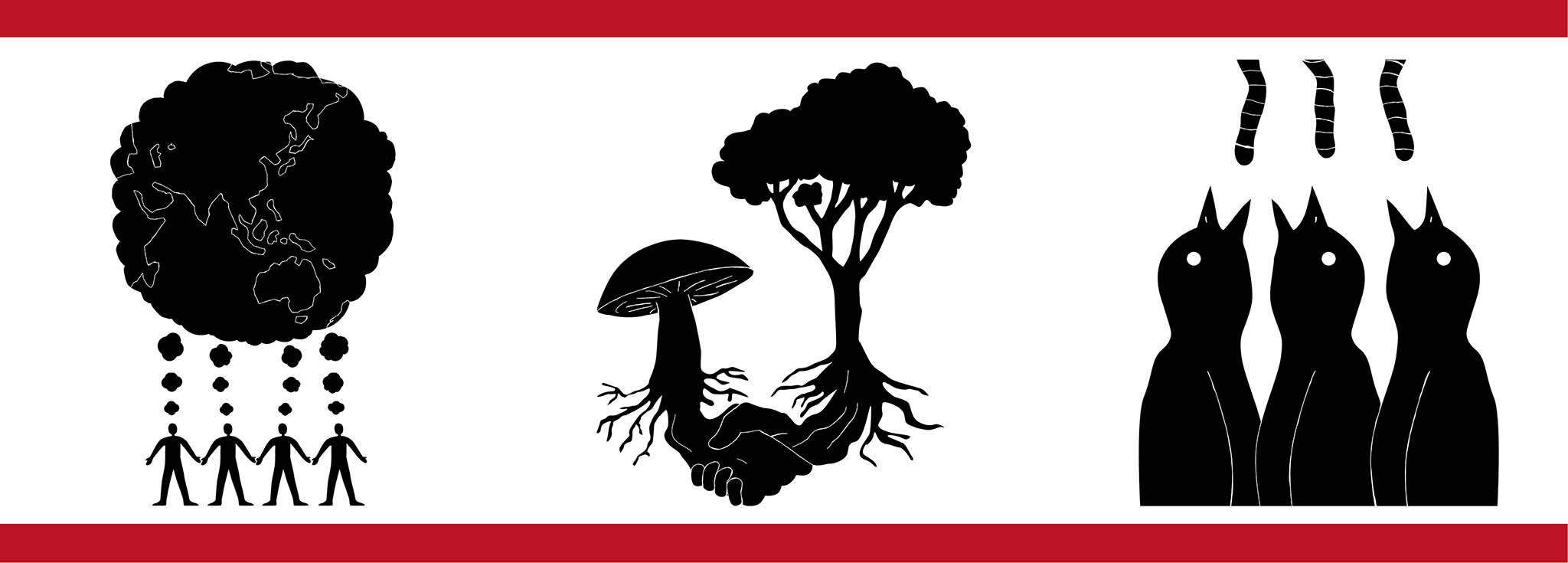
Great breakthroughs
Geological discoveries in the late 17th and early 18th centuries began to challenge the idea of essentialism. Geologists noted that some fossil species suddenly disappeared from the geological record and were replaced by others, suggesting that organisms change over time, and even become extinct. The Frenchman Jean-Baptiste Lamarck proposed the first cohesive theory of evolutionthe transmutation of species by the inheritance of acquired characteristicsin 1809. However, some 50 years later it was Charles Darwininfluenced by his experiences on the epic expedition of HMS Beagleand Alfred Russel Wallace, who developed the concept of evolution by means of natural selection, the theory that organisms evolve over the course of generations to adapt better to their environment. Darwin and Wallace did not understand the mechanism by which this happened, but Gregor Mendels experiments on peas pointed at the role of hereditary factors later known as genes, representing another giant leap in evolutionary theory.
Making connections
The relationships between organisms and their environment, and between species, dominated ecological study in the early 20th century. The concepts of food chains and food webs (who eats what in a particular habitat) and ecological niches (the role an organism has in its environment) developed, and in 1935, Arthur Tansley introduced the concept of the ecosystemthe interactive relationship between living organisms and the environment in which they live. Later ecologists developed mathematical models to forecast population dynamics within ecosystems. Evolutionary theories also advanced with the discovery of the structure of DNA, and the evolutionary vehicle provided by mutation as DNA is replicated.

